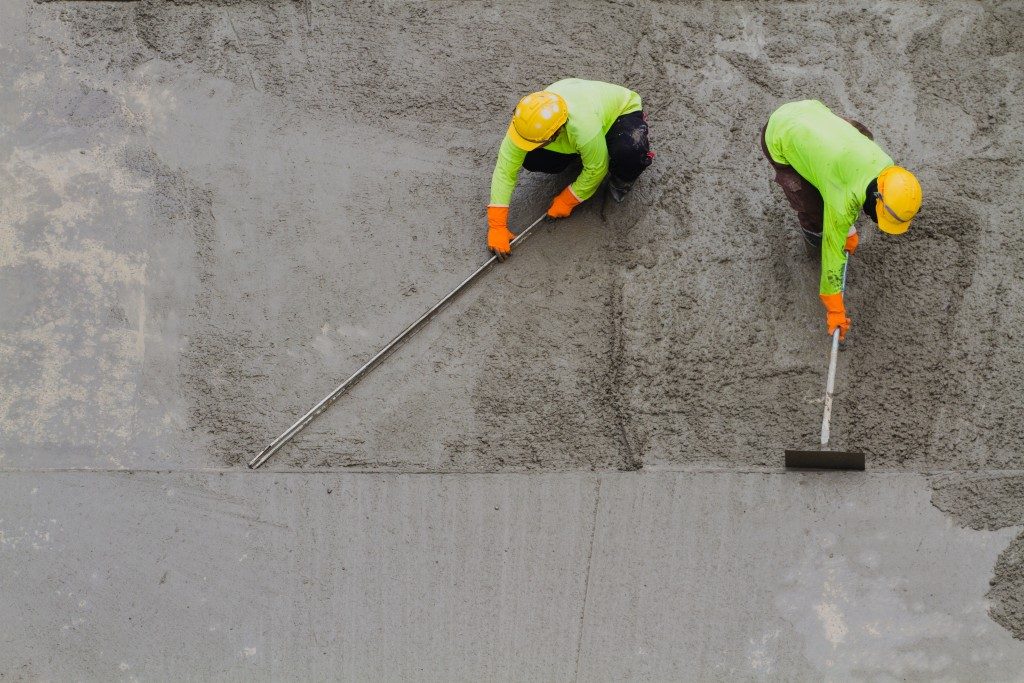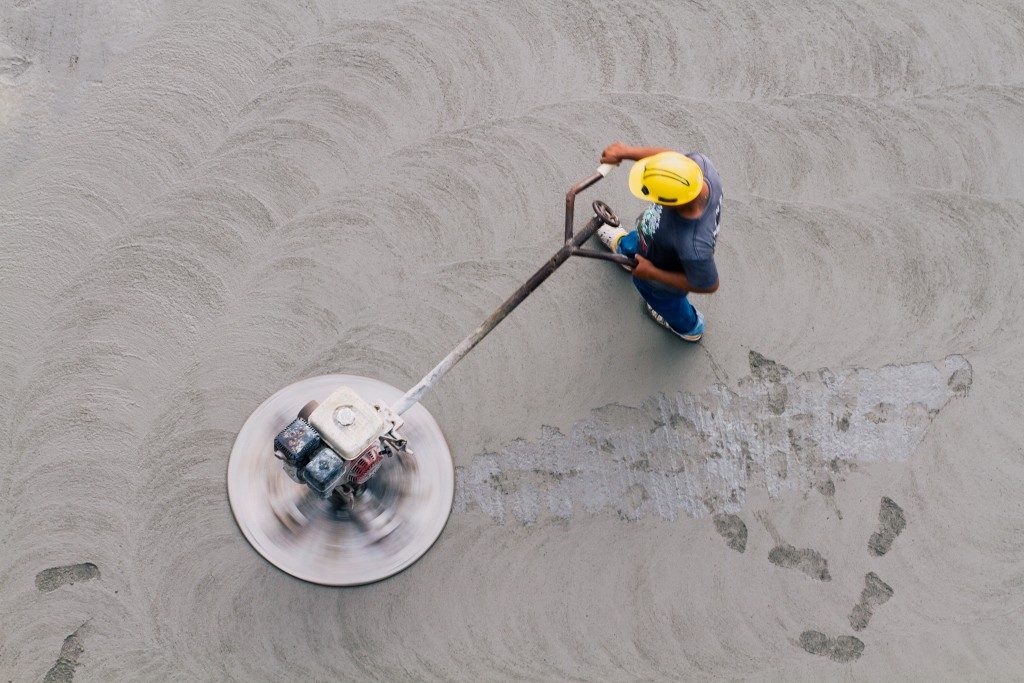Contractors often ask owners of newly installed concrete to seal it. However, what these contractors do not tell the owners are the basics, such as the best concrete sealers out there, reasons to seal their concrete, suitable applications, and how to apply concrete floor sealing products. Finding answers to these questions is not easy for someone shopping for sealants on the Internet or building supply stores.
Instead, concrete installers are bombarded with an array of confusing scientific terms and performance claims. However, this guideline provides first-time concrete installers with simple answers to questions regarding sealants. These are a few of the questions often asked about concrete sealers and their solutions:
1. What Surfaces Should Be Sealed?
It is recommendable to seal any exterior concrete, which is subject to freeze-thaw cycles. Freeze-thaw regions could include South Carolina, California, Georgia, Florida, Louisiana, Alabama, and Texas. Homeowners can install concrete installers for other purposes, including abrasion resistance, stain repellence, chemical resistance, dust reduction, attractive appearance, and chemical resistance.
2. How Much Does It Cost to Seal a Concrete?
Penetrating and acrylic-resin sealers can cost up to $0.25 per square foot, but the cost of high-performance topical coatings can be as much as $0.50 per square foot. However, investing in concrete sealers is in most cases worth the price, considering that the cost of replacing a slab ranges between $7 and $8 per square foot.
3. When Is Sealing Done?
Homeowners can use simple do-it-yourself tools and techniques such as a paint sprayer to seal their concrete walls and pavements. It can include reactive penetrating sealers, solids urethanes, and acrylic-resin sealers. However, high-performance concrete sealers such as polyureas and polyprotic urethanes may require special application techniques and tools and professional installation.
4. How Long Can the Concrete Sealer Last?
Reactive chemicals can last for as long as a decade, given that they penetrate the concrete surface. These sealers wear away only when the slab or substrate wears away, which may take a decade or longer to happen. However, homeowners can get the same results with a urethane or epoxy system, which can last a few years depending on how exposed the substrate surface is to the traffic. Acrylic-resin sealers have the shortest performance life, which rarely exceeds three years.
5. Are Concrete Sealers Eco-Friendly?

With proper care, locally made concrete can last for decades. Concrete sealers are an essential component of green building and can extend the usefulness of a slab or substrate surface. Water-based products are recommendable for eco-friendly concrete sealants. Definitely, there are a variety of eco-friendly concrete sealers you can choose from. You just have to find the right one.
There is a debate about the necessity of applying a concrete sealer on driveways and other surfaces. Aggressive marketing techniques that concrete sealers manufacturers are using might be the reason behind the belief that homeowners should apply sealers every year. However, even skeptics agree that applying sealers over some time can prolong the life of a substrate surface, whether it is a sidewalk, pool deck, or patio.

